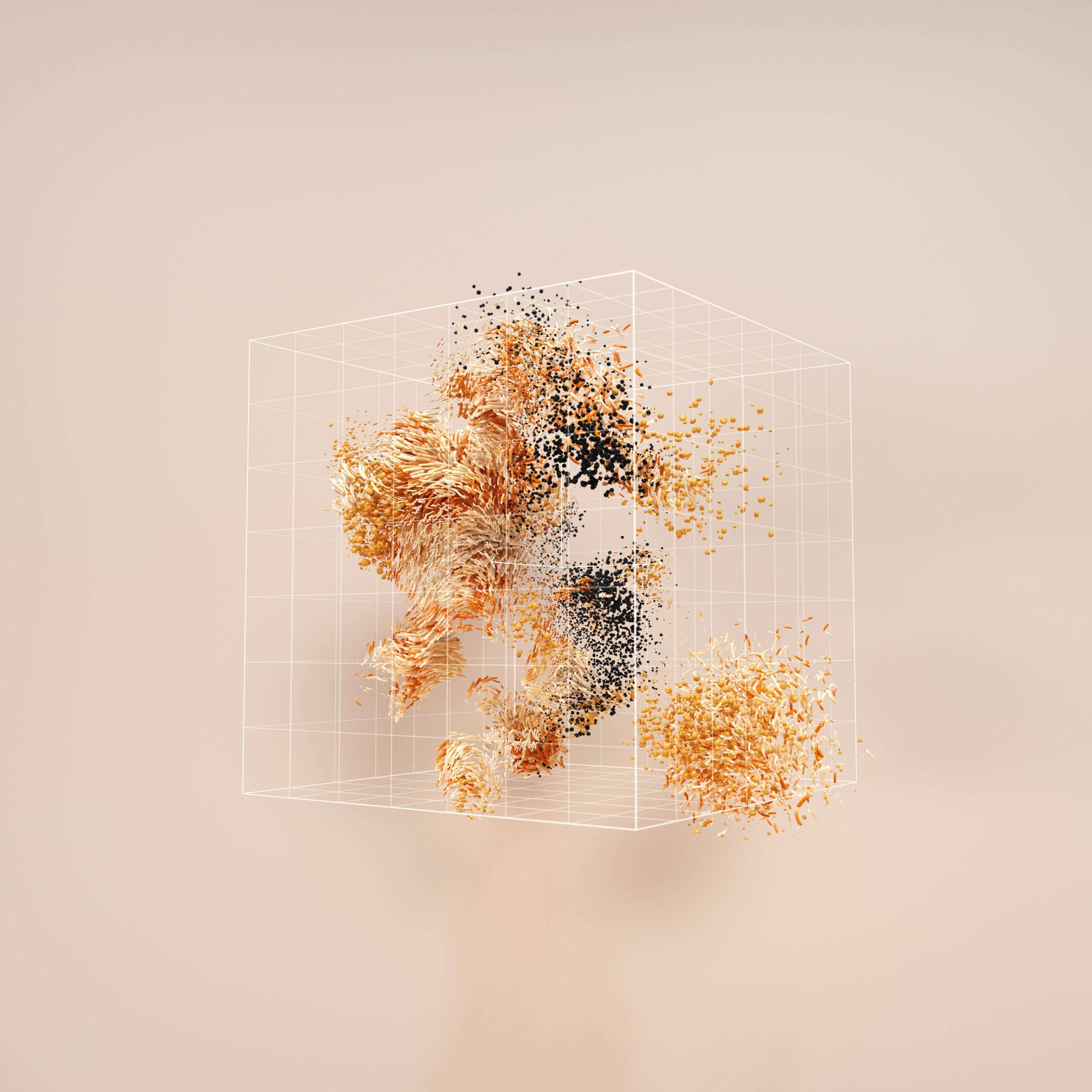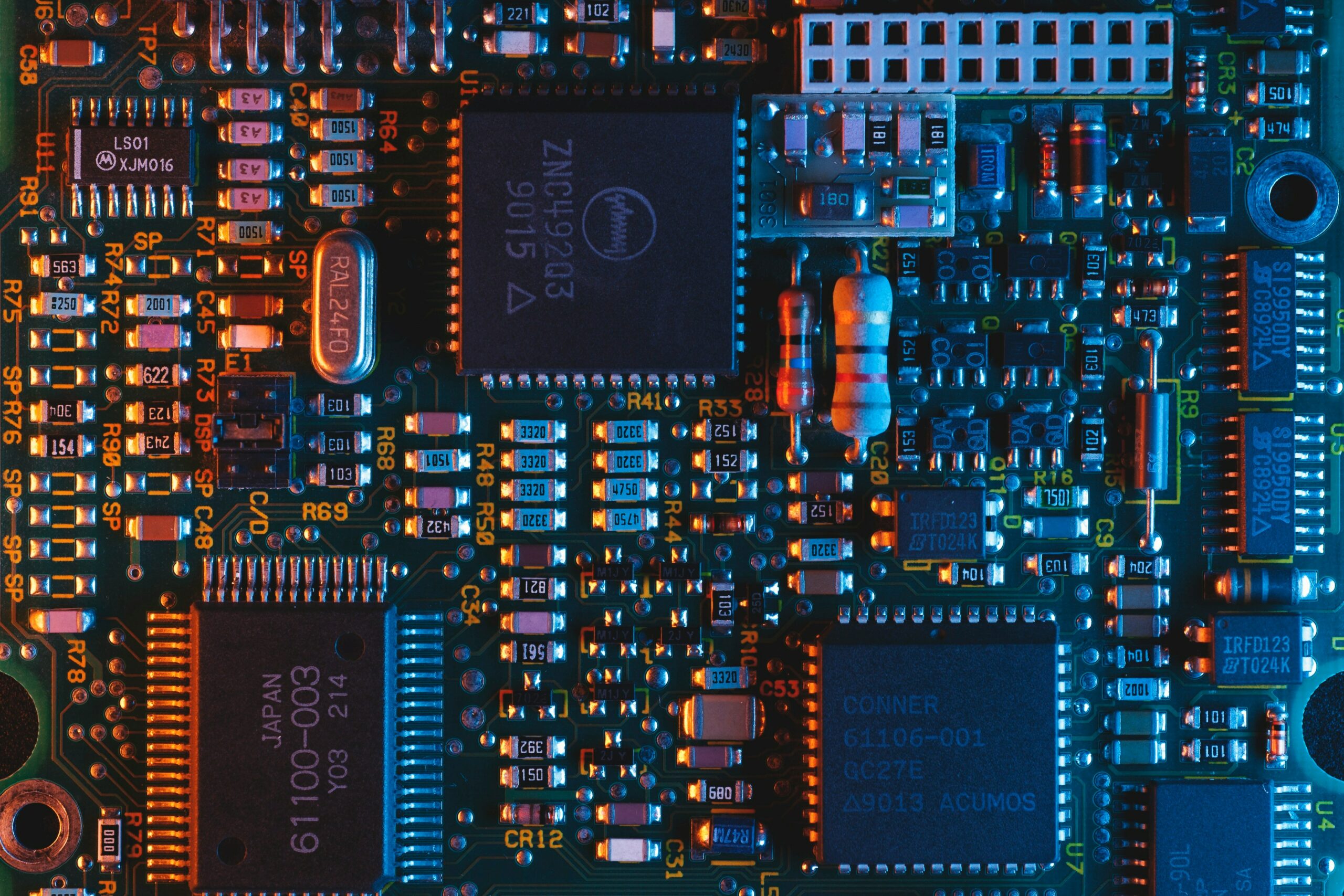As interest in quantum computing grows, quantum algorithms are an especially curious point of study. They answer the question: what do we do with quantum computing technology? By exploring the bounds of these quantum algorithms, we may uncover types of problems where quantum computers prove especially advantageous. Among the algorithms being explored is quantum signal processing and the quantum singular value transformation.
What is the Quantum Singular Value Transformation?
Quantum signal processing is a method used to perform some set of nonlinear functions (or operations) on a set of values. This may be generalized more to the quantum singular value transformation, which can perform these functions on an entire matrix.
For additional information and a closer look at these methods, take a peek at Ewin Tang’s Lecture on Proving QSVT. Within her proof for the Quantum Singular Value Transform (QSVT), Dr. Tang also discusses the premise for quantum signal processing, including the mathematics defining the algorithm. Granted, there is a nontrivial amount of prior knowledge involved that falls outside the scope of the blog post, but it is certainly worth a look.
Why Care? Curious Contributions of QSVT
On December 2nd of this year (2024), the American Physical Society (APS) published a paper from researchers at Osaka University, JST, and the RIKEN Center for Quantum Computing, based in Japan.
The paper investigates a block-encoding algorithm to implement nonlinear transformations (that is, operations on information that take on forms more complex that Ax = b) in quantum computers. The plausible impact? Many real-world problems can not easily be reduced to linear problems. Identifying ways to encode their complex properties on a quantum computer could be a massive step forwards in solving NP-hard problems in polynomial time. These applications range from function fitting to effective quantum simulations and so on.
Thus the quantum singular value transform algorithm is beautiful, as it is an avenue towards perhaps speeding up modern computations with the unique characteristics of quantum computers. Ongoing research continues to investigate applications and more efficient forms of the algorithm, making it an ongoing topic of great interest.
See also:







